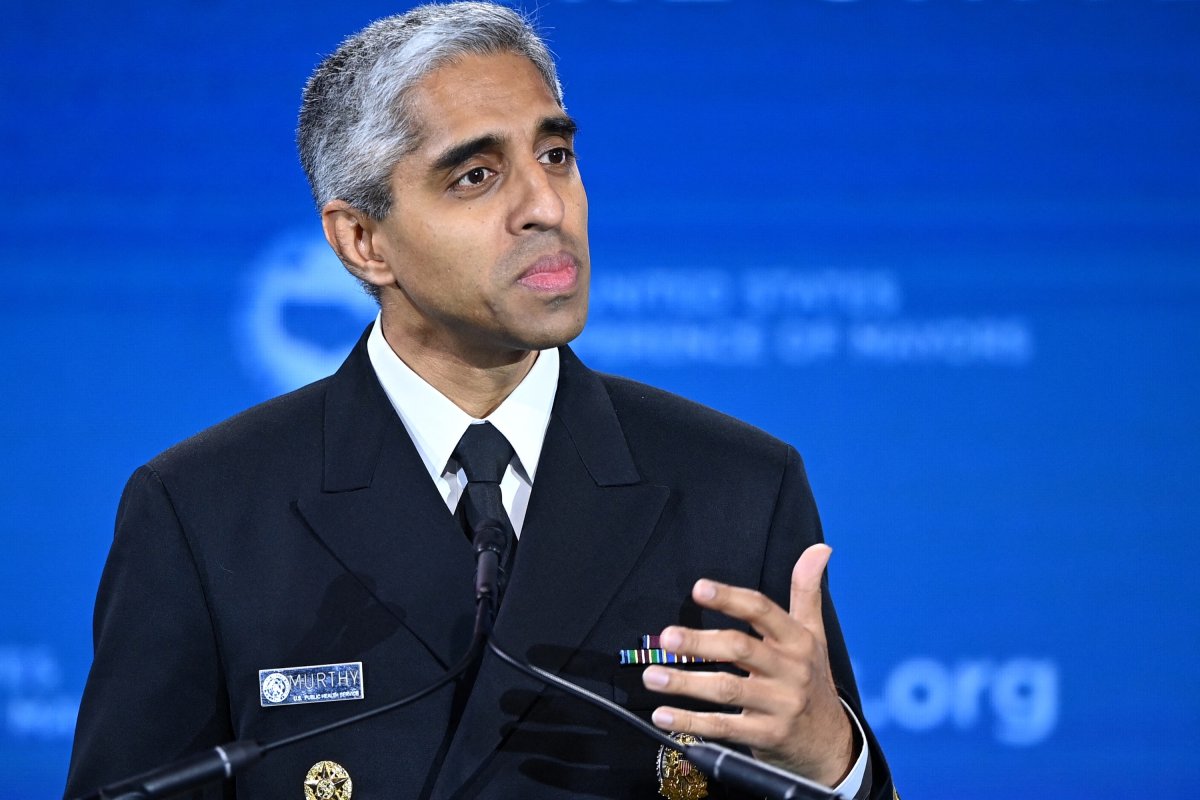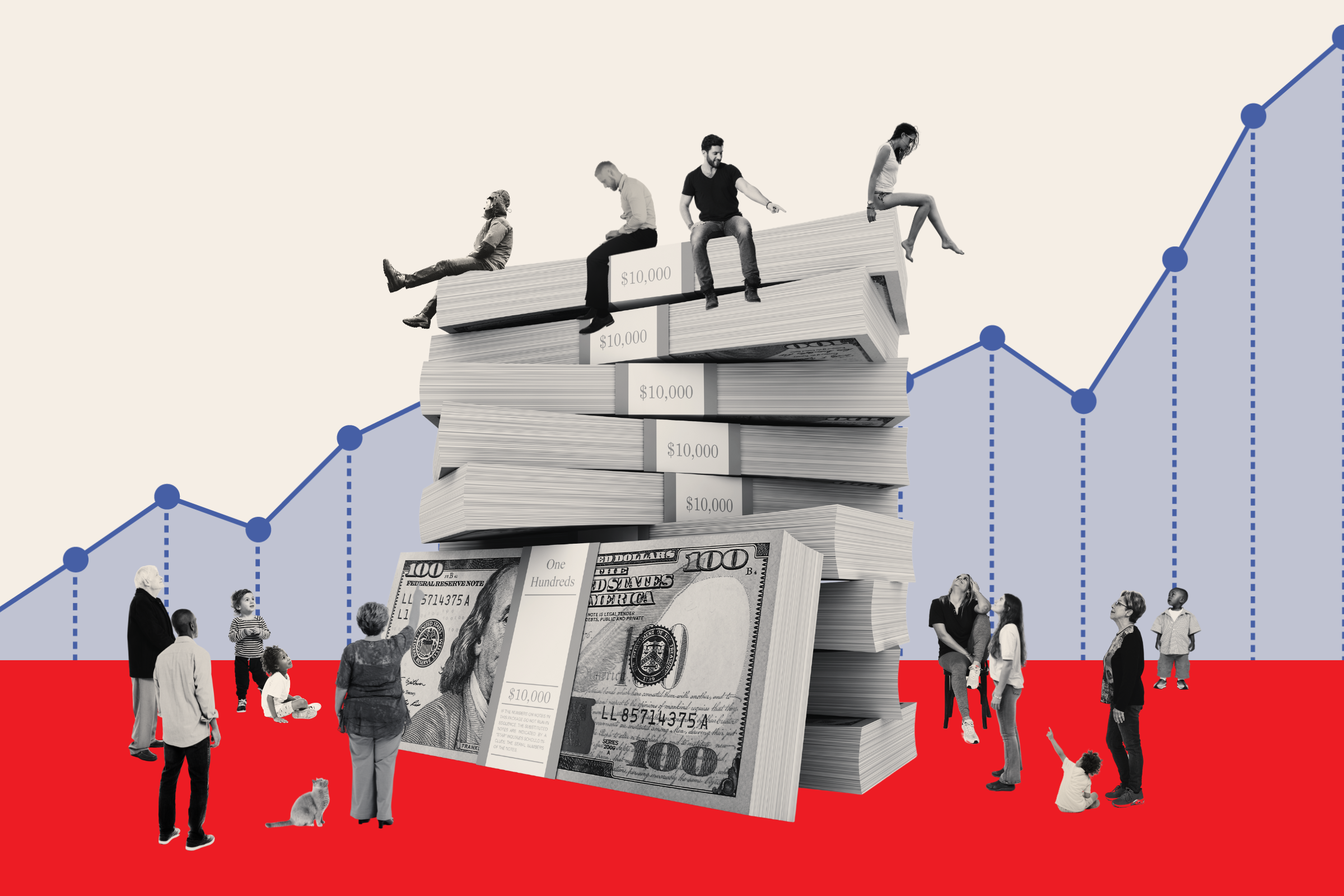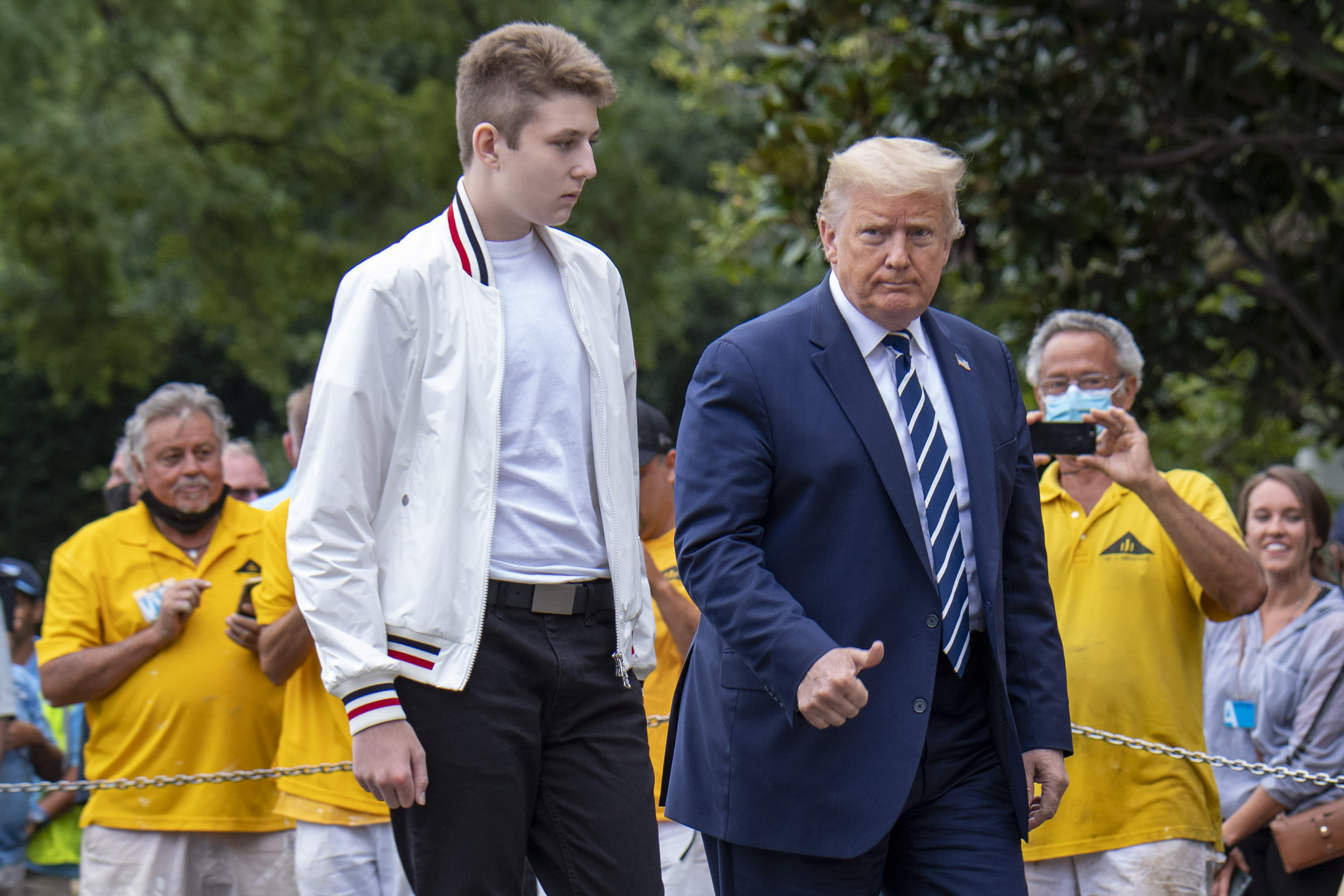On May 2, the U.S. surgeon general, Dr. Vivek Murthy, sounded the alarm about an American epidemic which predated COVID-19: the phenomenon of reported loneliness, now affecting half of all Americans. It is a serious problem. Lack of social connection, according to one dramatic formulation, has been found to be as dangerous as smoking up to 15 cigarettes a day.
Murthy has been speaking and writing on this topic for a number of years, going back to his 2017 article in the Harvard Business Review on "Work and the Loneliness Epidemic." This month saw the release of "Our Epidemic of Loneliness and Isolation," an 82-page advisory from the Office of the Surgeon General containing prescriptions for "the Healing Effects of Social Connection and Community."
For those who might prefer the two-minute YouTube summary, Murthy explains that "the keys to connection are simple," suggesting four: answer a phone call from a friend, invite someone over to share a meal, listen and be present during conversation, and seek out opportunities to serve others. "These steps may seem small," the surgeon general acknowledges, "but they are extraordinarily powerful."
The document does not adequately explain, alas, why it is that Americans en masse are not employing simple but extraordinarily powerful tricks like the above. This is a shame. Murthy is an accomplished physician, so he certainly knows that a good diagnosis is a necessary step on the way to any truly effective prescription.
There is a good reason for this omission, of course. The deep sources of our current disconnection are difficult to fully understand, never mind to comprehensively articulate in a government report. But there are some things we can say.
The advisory document includes an analysis of the concept of social connection; a survey of its various impacts (especially on young people); and a list of recommended actions for governments, public health departments, philanthropic organizations, schools, tech companies, media, parents, caregivers, and individuals. Also asked to do their part: "workplaces."

It is good to see workplaces on this list, but one wishes more attention were paid to the role played by economics in our current predicament. Although economic prosperity is commonly listed as one of the key social determinants of health, the advisory opts for vague language about "communities harmed by structural barriers" and the impact of "financial insecurity" and related "life events." This was a missed opportunity to point out the volatile mix of economic precarity, status anxiety, and disconnection from meaningful work that afflicts Americans in the age of neoliberalism, where the maximization of shareholder returns is the central, and often the only, guiding value of our commercial enterprises.
We can't just manage the symptoms of this sickness. Simply offering better corporate HR programs in hope of building social connections will not go far to address ills like "deaths of despair," the fentanyl epidemic, and the fact that poor Americans are three times as likely to report pain in their daily lives as wealthy Americans. Taken together, these phenomena are part of a multifaceted "social crash" we are only beginning to understand.
Loneliness, as author Johann Hari pointed out in his 2018 book Lost Connections, is not merely about social isolation from other people. It flows from multiple kinds of disempowerment. These include disconnection from meaningful work, from childhood nurture, from status and respect, from the natural world, and from a hopeful or secure future. Disconnection from these vital sources of meaning cannot be considered without reference to an economy that manages workers like cogs, automates dignified work, forces all able-bodied adults into the workforce, deprecates any work not done on a laptop, allows for insecure gig work and easy summary firings, and treats all values as ultimately subordinate to the financial bottom line.
All of this has been fantastic for share prices, and terrible for American lives. What the surgeon general's report calls loneliness is the manifestation of a state of disconnection, the result of a half-century of economic displacement and disempowerment in pursuit of ever-greater profits.
This arrangement is often presented as the necessary and natural way that prosperity is achieved, but other successful models exist, especially in Europe and the global South. Whether called the solidarity economy, the social economy, or something else, this popular movement is a mix of mostly smaller but highly relational businesses, many operating as workers' cooperatives with democratic governance and self-management.
The result is workplaces that offer much more meaningful work that actually empowers and engages. UNIMED, the largest system of medical cooperatives in the world and the largest health care network in Brazil, brings together 354 medical co-ops, providing services to 20 million people. Other examples include the Canadian province of Quebec and the northern Italian region of Emilia-Romagna, which contain thousands of solidarity-based enterprises which make up a substantial portion of area GDP. These businesses include cooperatively owned social care services—child care, elder care, care for the disabled—offering some of the highest-quality care available. They offer a wealth of still little-known models of innovation in the fields of public health and community well-being.
Neoliberalism seems to have finally overplayed its hand. Senators, CEOs, venture capitalists, and surgeon generals are now waking up to the social devastation it has wrought. We should, without doubt, pick up the phone when our friends call and find ways to volunteer in our communities. But we should also get serious about identifying and opposing the deep and powerful forces that make these simple life hacks seem pointless, painful, or downright impossible to a growing number of Americans.
Joe Waters is the cofounder and CEO of the think tank Capita where Ian Marcus Corbin serves as a senior fellow.
The views expressed in this article are the writers' own.
Uncommon Knowledge
Newsweek is committed to challenging conventional wisdom and finding connections in the search for common ground.
Newsweek is committed to challenging conventional wisdom and finding connections in the search for common ground.
About the writer
To read how Newsweek uses AI as a newsroom tool, Click here.






